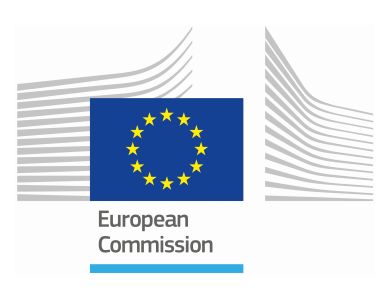As the European Commission’s science and knowledge service, the Joint Research Centre (JRC) supports EU policies with independent scientific evidence throughout the whole policy cycle. JRC creates, manages and makes sense of knowledge and develops innovative tools and makes them available to policy makers. Its work has a direct impact on the lives of citizens by contributing with its research outcomes to a healthy and safe environment, secure energy supplies, sustainable mobility and consumer health and safety. The JRC draws on over 50 years of scientific work experience and continually builds its expertise based on its seven scientific institutes, which host specialist laboratories and unique research facilities.
The Ispra, Italy-based Vehicle Emissions Laboratory (VELA) comprises nine major testing facilities capable of conducting emissions tests (including the measurement of evaporative emissions) on a variety of vehicles. These range from motorbikes to passenger cars and even large heavy-duty engines. Findings made at these facilities have provided scientific support for the development of new EU Directives and the revision of older ones, as well as for the assessment of new measurement techniques and procedures. Research at the JRC’s Sustainable Transport Unit of the Directorate for Energy, Transport and Climate Change focuses on vehicle use, driving patterns, fuel consumption and emissions. Increasing attention is devoted to the development of test procedures and assessment tools for advanced vehicle concepts, not only in well-controlled conditions typical of laboratory-based tests but also in real driving conditions (RDE).
The research activities carried out at the Sustainable Transport Unit strongly rely on the Vehicle Emission Laboratory (VELA) that allows testing all types of vehicles and engines under legislative as well as realistic operating conditions. The VELA lab comprises three emission climatic test cells for LDVs, a dynamic test bench for HD engines, a climatic test with a chassis dynamometer for HDVs and a semi-anechoic chamber equipped with a roller bench for electromagnetic compatibility tests. The JRC STU has a long experience in vehicle energy and fuel consumption simulation and has extensively participated in the development and validation of the VECTO tool for HDV CO2 certification under 2017/2400/EU, and has developed the CO2MPAS simulator for light duty vehicle CO2 certification, under regulations 2017/1152/EU and 2017/1153/EU.

Located in Brussel, Belgium
Visit the Website
In the framework of the LONGRUN project JRC will contribute in the the taks to test and validate all the developed interfaces within the developed simulation platform in order to ensure the quality of the calculations made by VECTO. Additionally in all validation tests foreseen will be distributed between OEM’s, JRC and IDIADA (lead: IDIADA) [M9-M42]. Details regarding the validation are provided in the description of work.